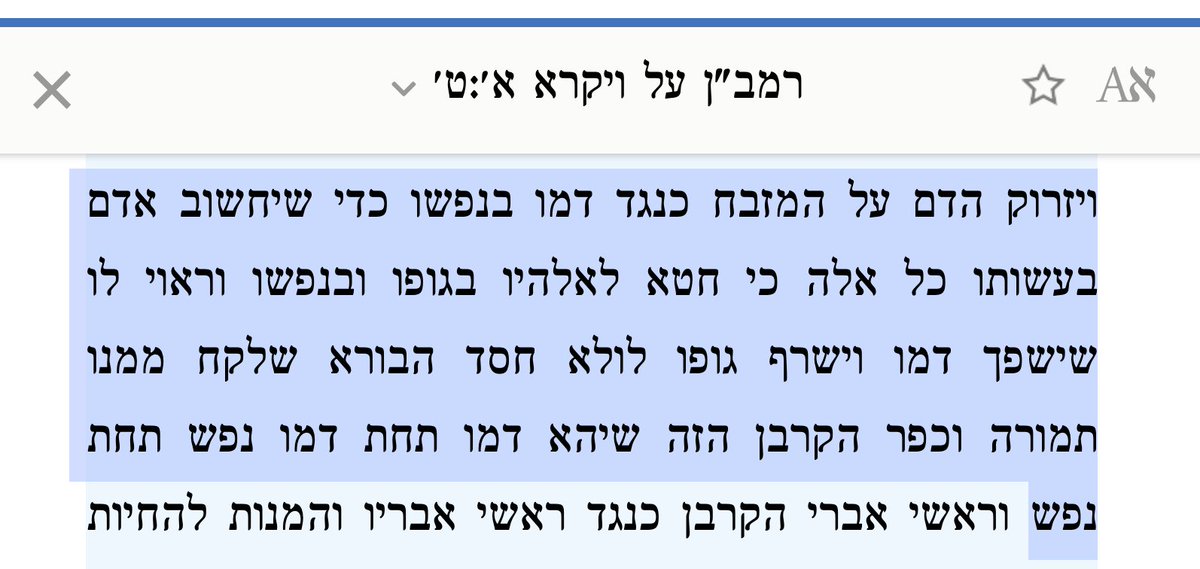A NOTE (1/7):
OT sacrifices are often said not to involve the notion of penal substitution.
Animal aren’t punished in place of people, one has said in a certain place,
and many have concurred.
Such claims, however, don’t seem to withstand much scrutiny.
OT sacrifices are often said not to involve the notion of penal substitution.
Animal aren’t punished in place of people, one has said in a certain place,
and many have concurred.
Such claims, however, don’t seem to withstand much scrutiny.
The institution of Israel’s sacrificial system is grounded both historically and textually in the Passover--an event in which YHWH judges a land full of false gods, worshipped by Egyptians and Israelites alike (cp. Exod. 12.12, Ezek. 20.7–10),
and, as a penalty for Israel’s unfaithfulness, a death takes place in each and every house,
which has to be borne either by a firstborn lamb or a firstborn son.
which has to be borne either by a firstborn lamb or a firstborn son.
The same principle underlies the sacrificial system as a whole.
Atonement comes ‘at the expense of life’ (בנפש) (Lev. 17.11).
Such notions are often dismissed as a retrojection of Reformed theology.
Atonement comes ‘at the expense of life’ (בנפש) (Lev. 17.11).
Such notions are often dismissed as a retrojection of Reformed theology.
Nachmanides, however, wasn’t much of a Reformer, and comments on Leviticus 1.9’s ascension sacrifice (עֹלָה) as follows.
‘[The offerer] sprinkles blood on the altar in answer to the blood of his own soul,
‘[The offerer] sprinkles blood on the altar in answer to the blood of his own soul,
so he may see in [his presentation of an animal for sacrifice] how he has sinned against his God with his body and his soul,
and how it would be appropriate for *his* blood to be spilled and *his* body burnt were it not for the kindness (חסד) of the Creator,
and how it would be appropriate for *his* blood to be spilled and *his* body burnt were it not for the kindness (חסד) of the Creator,

 Read on Twitter
Read on Twitter


